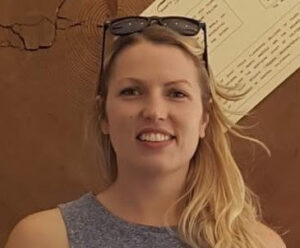Webinar Video Library
The Oregon Conservation Partnership and Oregon Department of Fish and Wildlife (ODFW) invite you to a dynamic webinar on July 16th to explore the all-new Private Forest Accord Grant Program! […]
Join the Oregon Conservation Partnership and The Climate Trust (TCT) to explore how carbon funding can assist land trusts, watershed councils, and soil and water conservation districts in meeting various conservation goals. This session will focus on reforestation and afforestation efforts, which offer one of the largest opportunities to sequester carbon while also building climate resilience for communities and ecosystems. We will explore where carbon funding can be supportive of conservation goals and where it may not be best fit, with examples from TCT’s reforestation program including post-wildfire reforestation, and afforestation on degraded or marginal agricultural land.
Join us on February 26th at 1pm to learn about a new funding opportunity that’s launching this spring in Oregon and Washington. Zero Foodprint is a nonprofit that leads collaborations […]
The Oregon Community Food Systems Network’s (OCFSN) Farmer & Rancher Disaster Resilience Grant Program is accepting applications January 1st, 2024. This $2.65 million State-funded two year grant program’s purpose is […]
Speaker: Christine Buhl, Ph.D., Forest Entomologist, Oregon Department of Forestry Description: Dr. Buhl will provide a summary and status update on recent invasive emerald ash borer insect detection in Oregon […]
